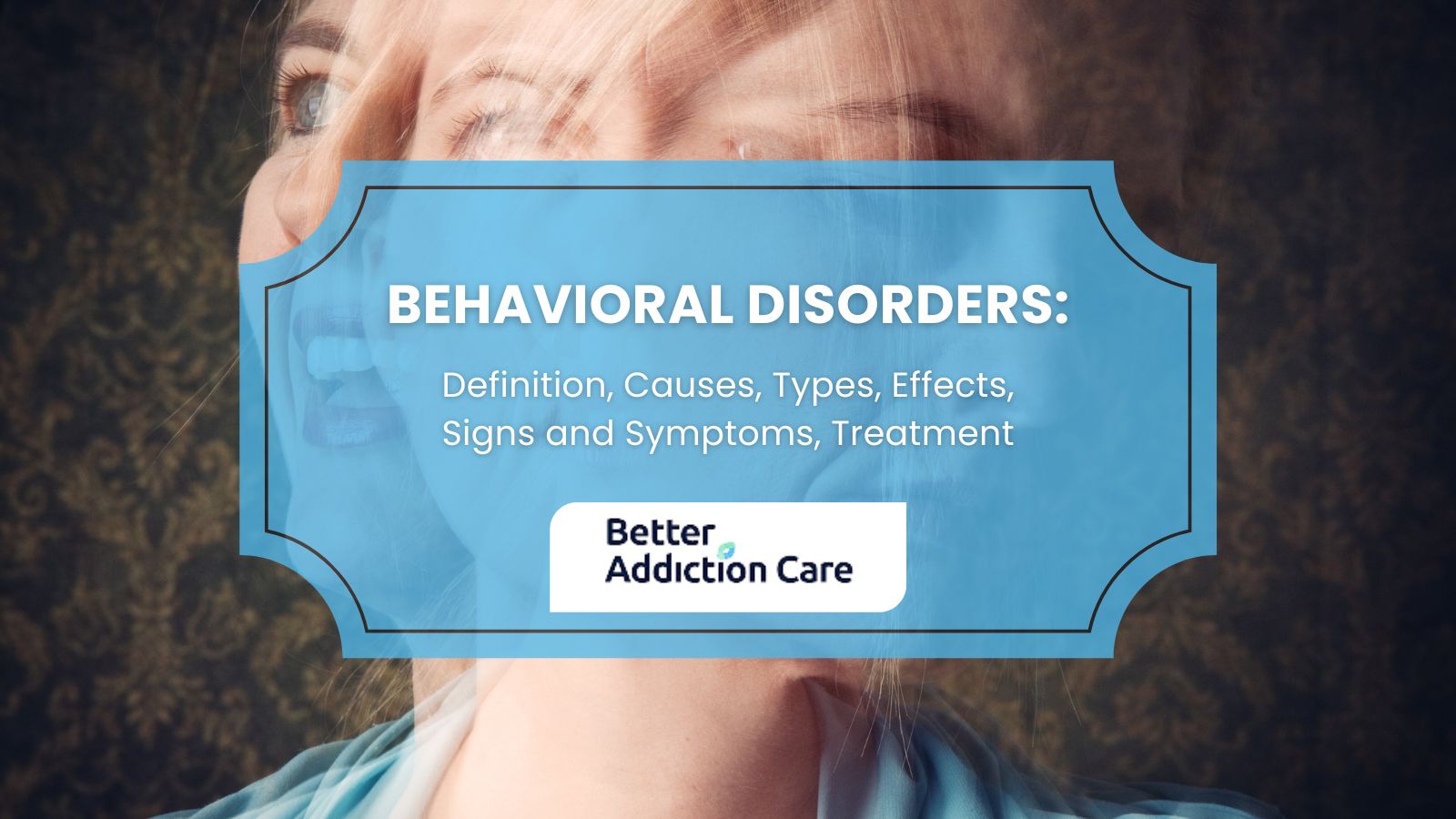Winston Psychiatric Associates

Overview
Winston Psychiatric Associates is an accredited substance abuse treatment center that provides outpatient treatment for men between 18 and 65+ years of age. As part of their special programs, Winston Psychiatric Associates treats clients with co-occurring mental and substance use disorders. To help patients achieve sobriety, Winston Psychiatric Associates provides intake assessments. Afterward, patients receive telemedicine/telehealth therapy, smoking/vaping/tobacco cessation counseling, and motivational interviewing during treatment. Winston Psychiatric Associates is located in Winston-Salem, North Carolina, providing treatment for people in Forsyth County, accepting cash or self-payment, medicare, and private health insurance.
Winston Psychiatric Associates at a Glance
Payment Options
- Cash or self-payment
- Medicare
- Private health insurance
- Aetna
- Blue Cross and Blue Shield Association
Assessments
- Screening for tobacco use
- Comprehensive mental health assessment
- Comprehensive substance use assessment
- Screening for mental disorders
- Screening for substance use
Age Groups
- Young adults
- Seniors
Operation
- Private for-profit organization
Highlights About Winston Psychiatric Associates
6.95/10
With an overall rating of 6.95/10, this facility has following balanced range of services. Alcohol Rehabilitation: 8.00/10, Drug Rehab and Detox: 6.92/10, Insurance and Payments: 6.40/10, Treatment Options: 6.49/10.-
Alcohol Rehabilitation 8.00
-
Drug Rehab and Detox 6.92
-
Treatment Options 6.49
-
Insurance and Payments 6.40
Accreditations
State department of health:

Government agencies issue State Licenses, granting permission to rehabilitation organizations to conduct their business operations lawfully within specific geographic regions. Generally, the particular rehabilitation programs offered by a facility and its physical location dictate the necessary licenses needed for legal operation.
Treatment At Winston Psychiatric Associates
Treatment Conditions
- Alcoholism
- Mental health treatment
- Substance use treatment
- Co-occurring Disorders
Care Levels
- Outpatient
- Outpatient methadone/buprenorphine or naltrexone treatment
- Regular outpatient treatment
Treatment Modalities
- Telemedicine/telehealth therapy
- Smoking/vaping/tobacco cessation counseling
- Motivational interviewing
- Group counseling
- Individual psychotherapy
Ancillary Services
Additional Services
- Pharmacotherapies administered during treatment
- Metabolic syndrome monitoring
Special Programs
- Clients with co-occurring mental and substance use disorders
Contact Information
Read our Most Recent Article About Drug Addiction
DISCLAIMER: The facility name, logo and brand are the property and registered trademarks of Winston Psychiatric Associates, and are being used for identification and informational purposes only. Use of these names, logos and brands shall not imply endorsement. BetterAddictionCare.com is not affiliated with or sponsored by Winston Psychiatric Associates.








